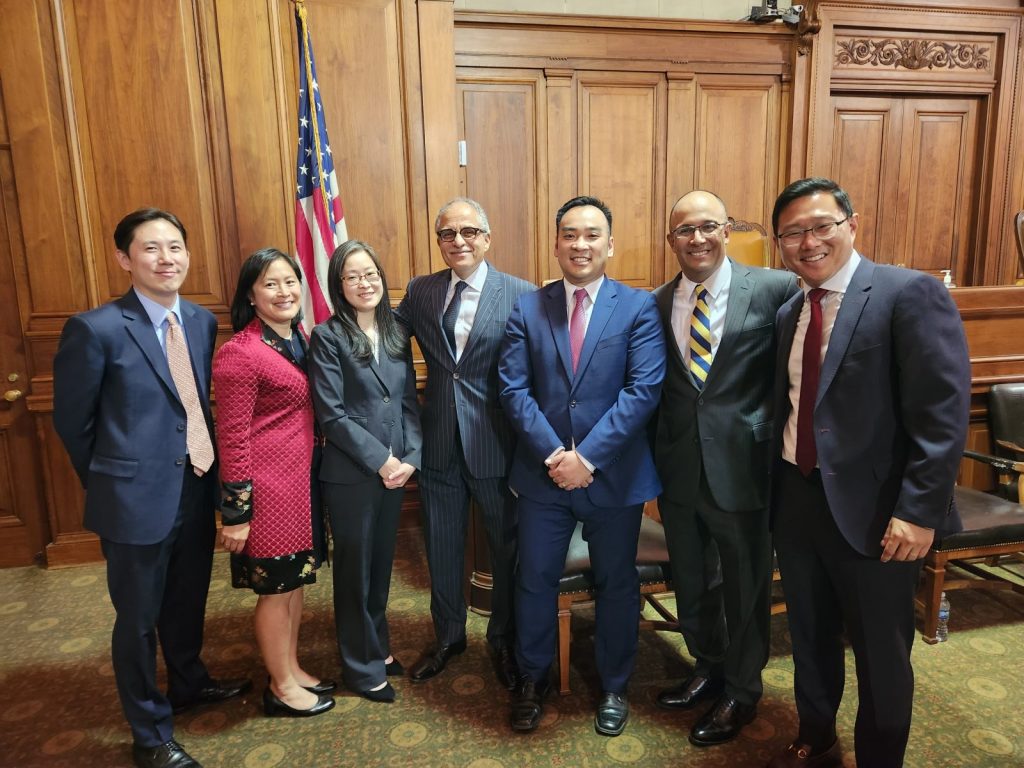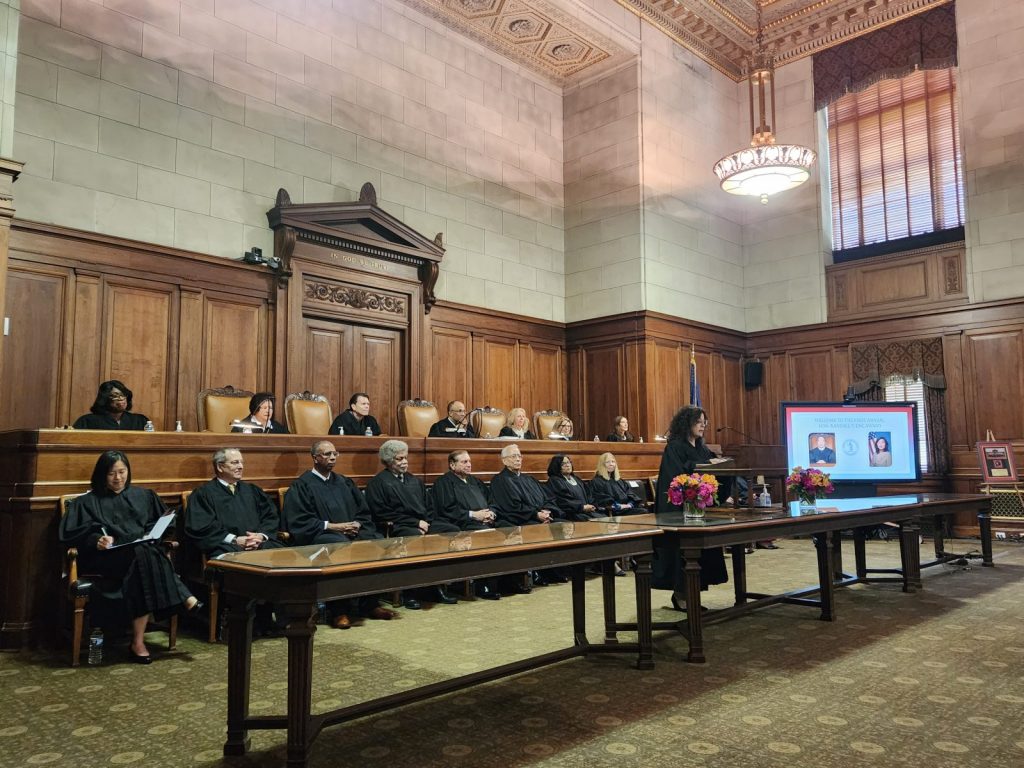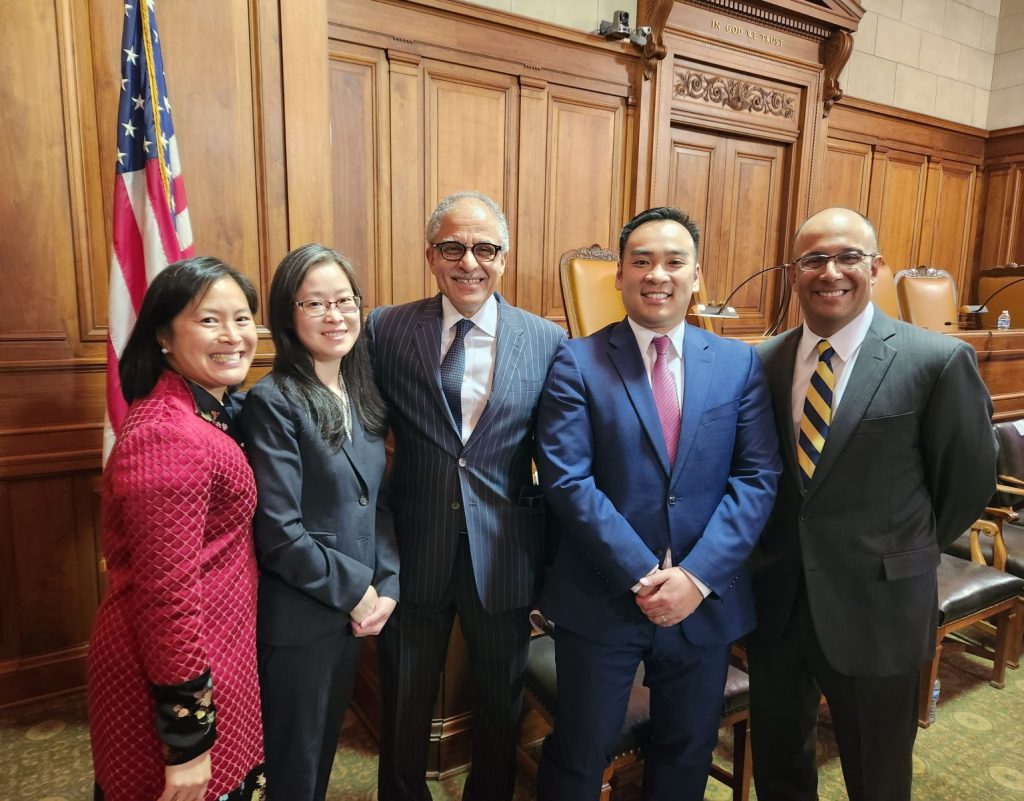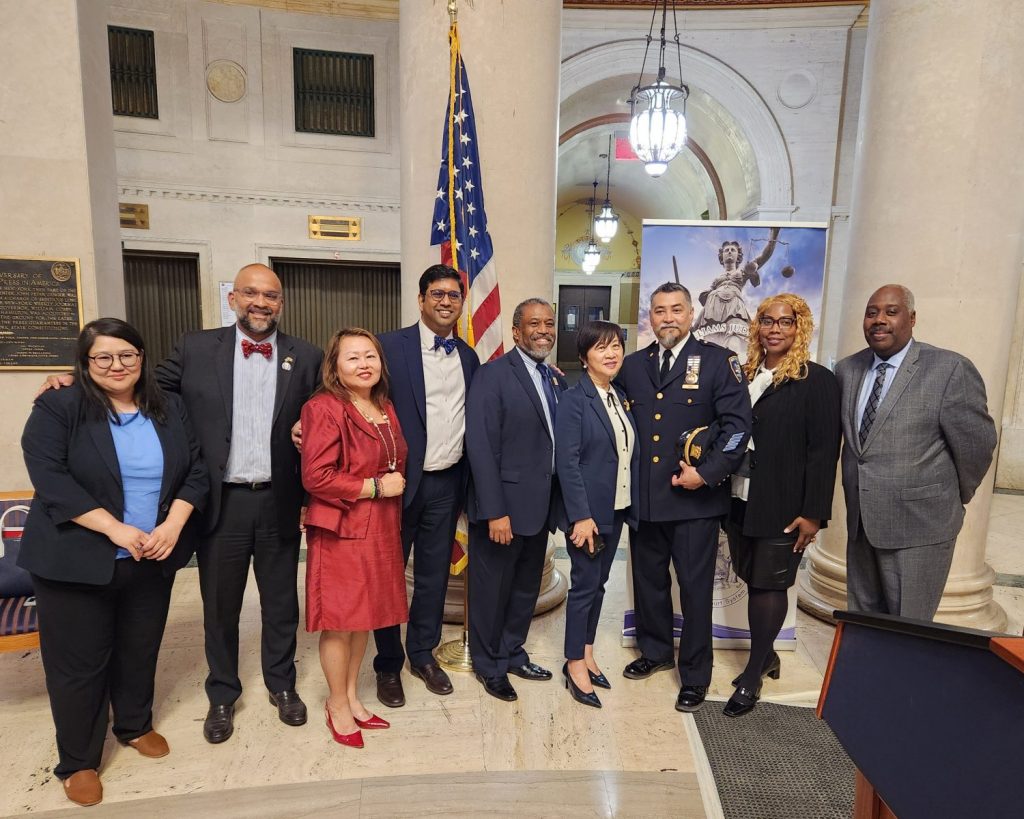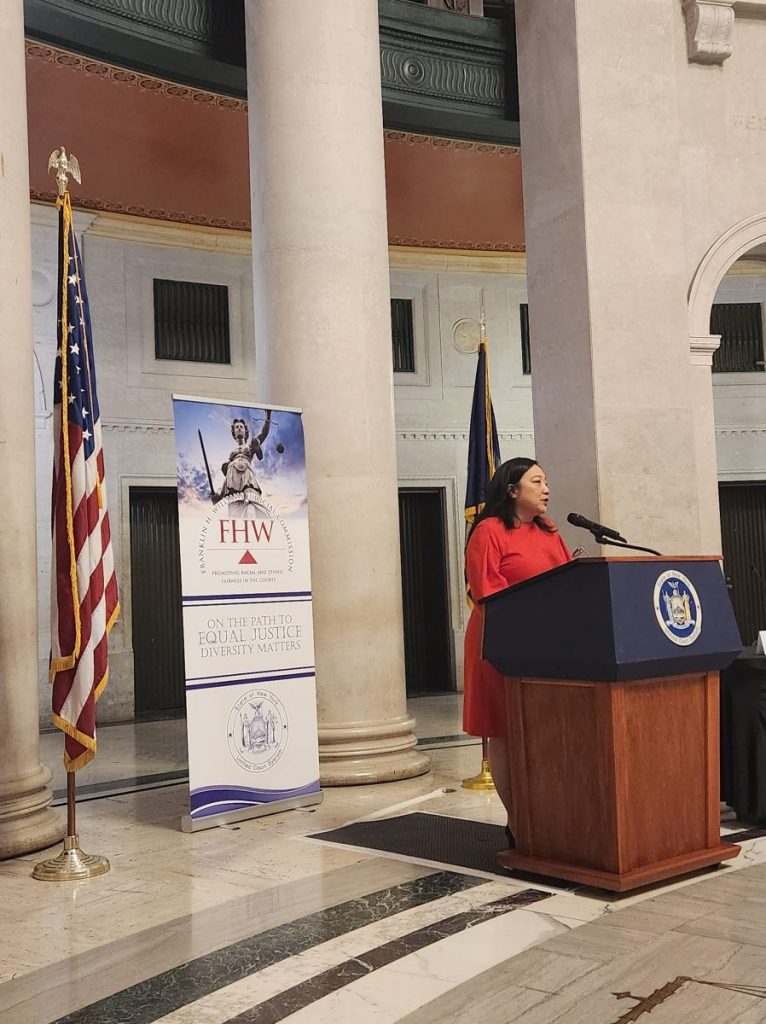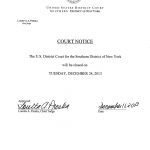
WASHINGTON – The National Asian Pacific American Bar Association (NAPABA) and the Asian Pacific American Bar Association of Tampa Bay (APABA Tampa Bay) joined the Fred T. Korematsu Center for Law and Equality, the Hispanic National Bar Association, the South Asian Bar Association of North America, and other partners to oppose the Florida Conveyances to Foreign Entities Law (“SB 264”), a new statute that would prohibit individuals from purchasing real property in Florida based on national origin. The coalition filed an amicus brief, which can be found here, with the United States District Court for the Northern District of Florida in support of the plaintiffs’ motion for a preliminary injunction in Yifan Shen v. Wilton Simpson. The motion seeks a preliminary injunction barring the enforcement of SB 264.
The amicus brief continues the advocacy efforts of NAPABA and our Florida affiliates in opposing SB 264 during the legislative process. In yesterday’s brief, the coalition argued that laws such as SB 264 are “stains on American history” and that alien land laws have “historically and consistently been struck down as invidiously discriminatory.” They promote discrimination against the Asian American, Native Hawaiian, and Pacific Islander community and endanger these populations under the guise of national security concerns.
The opposition to SB 264 coincides with the leadership of NAPABA and its affiliates in combatting similar efforts across the nation. Beyond Florida, NAPABA has opposed similar legislation introduced in Texas, Louisiana, and Alabama that targeted the AANHPI community. During NAPABA Lobby Day last month, our members demanded that Congress act in response to state actions restricting our communities’ ability to pursue a livelihood. Days later, Rep. Judy Chu of California, who chairs the Congressional Asian Pacific American Caucus, and Rep. Al Green of Texas introduced the Preemption of Real Property Discrimination Act in the United States House of Representatives. The bill, which NAPABA endorsed the same day, would nullify any state law that prohibits or otherwise restricts an individual’s right to purchase real property based only on that individual’s citizenship.
NAPABA President Sandra Leung denounced state efforts to enact such discriminatory policies, which “eerily recall ancient alien land laws, which were enacted over a hundred years ago, that barred Asian immigrants from owning land. Such laws belong in the dustbin of history, and they have no place in our nation today. While policymakers are free to address the legitimate national security concerns of the United States, they may not enact discriminatory laws on the backs of the Asian American, Native Hawaiian, and Pacific Islander community.”
“Unless enjoined, SB 264 will be applied in discriminatory ways and inflict lasting damage on Asian Pacific American communities in Florida and beyond,” said SeungEun April Lee, President of APABA Tampa Bay.
NAPABA extends its thanks and appreciation to Professor Robert S. Chang of the Fred T. Korematsu Center for Law and Equality, the entire legal team at Foley Hoag LLP, and the NAPABA Amicus Committee, chaired by Radha Pathak and Albert Giang, for their work and leadership.
Contact: Rahat N. Babar, Deputy Executive Director for Policy


